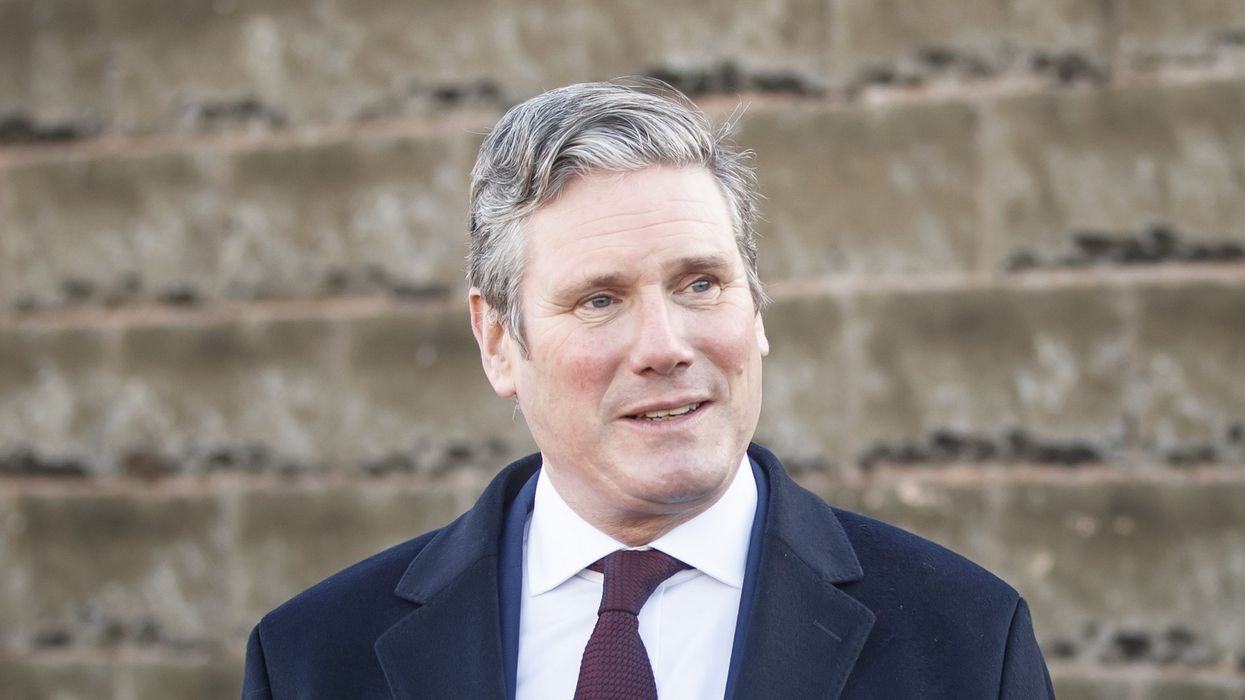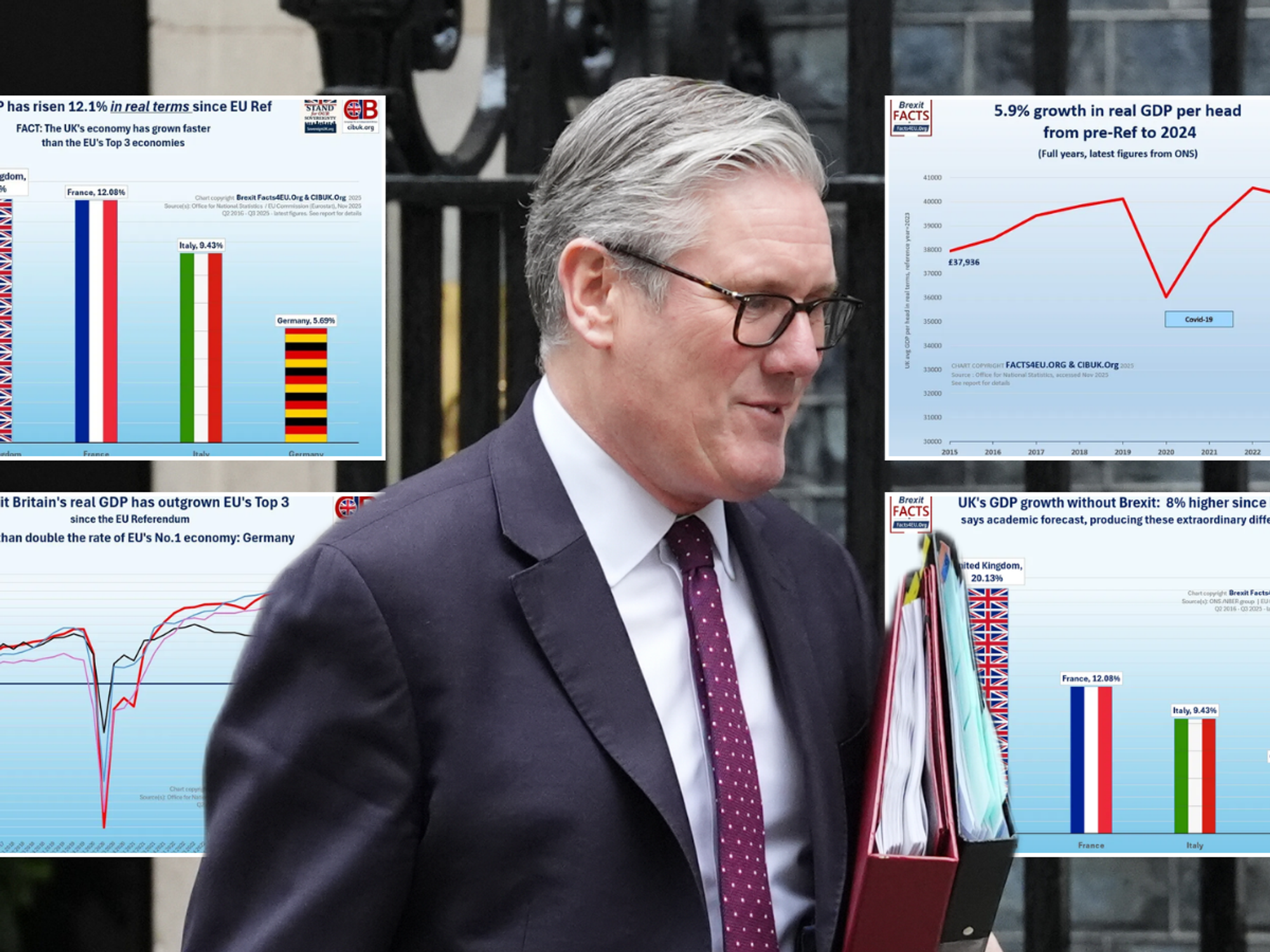Is Starmer too old to be Prime Minister? Questions are being asked, says Keith Bays

Keir Starmer is just weeks away from his 62nd birthday
| PA
Sir Keir Starmer is just weeks away from his 62nd birthday
Don't Miss
Is Keir Starmer too old to be Prime Minister? This was the inference made by the Conservative Party when they claimed last week that the Labour leader does not have the "stamina" to campaign, saying he had been "resting at home". Starmer later brushed off these claims at an election campaign event in West Sussex on Monday, calling them "desperate".
By highlighting 61-year-old Starmer’s age as a major issue, Conservative advisers seem to be drawing from former President Donald Trump's playbook. The tactic has been used by former President on countless occasions whilst attacking Joe Biden’s fitness for office.
Trump has frequently called Biden “Sleepy Joe”, whilst some in Conservative Party circles have characterised Starmer as “Sir Sleepy”.
Is age something voters will consider when choosing their next Prime Minister? And is stamina something that is on the ballot at this election... perhaps more than in any other election cycle? Given that the Conservatives have let this genie out of the bottle, don’t expect the age issue not to be a factor.
When comparing Rishi Sunak and Keir Starmer there is a 17-year age gap, with the incumbent Prime Minister 44 and the leader of the opposition 61.
At the age of 42, Sunak was the youngest Prime Minister to take office in over 200 years. In comparison, Starmer would be two months shy of his 62nd birthday and would be the oldest Prime Minister to assume office in nearly half a century.
If Starmer were to win the keys to No10, he would also be the 5th oldest UK Prime Minister to take office of the modern era.
In total, 13 other modern-day Prime Minister’s have entered office at a younger age than the current Labour leader - including Boris Johnson and Tony Blair.
Only four other modern-day Prime Ministers took the job at an older age other than Starmer, with Clement Attlee assuming office at 62 in 1945, and Harold McMillan at 62 in 1957.
Meanwhile James Callaghan took the helm at 64 in 1976, and the great Winston Churchill took the top job at 65 in 1940 - before later beating this record in 1951 when he became Prime Minister for a second time at 76.
Some will argue that age is irrelevant to a person's ability to perform their job effectively. However, the role of a Prime Minister, especially amidst substantial international challenges such as the Ukraine war, instability in the Middle East, and the rise of China as a major global player, demands a leader with the energy and resilience to confront those issues head-on.
The important two questions are: Does Starmer have the stamina to cope with the challenging role of Prime Minister for a full five-year term? And, given the current instabilities in the world, should voters stick with the younger man, or risk the future of the country with an older candidate?
These are crucial considerations that voters will undoubtedly wrestle with during this election campaign.
A sitting Prime Minister in the UK is not required to undergo compulsory health checks or a cognitive test, this is very much down to the individual. But as UK politics becomes arguably more Americanised and as the country is potentially about to elect an older modern-day Prime Minister, questions may start to be raised as to whether Starmer should volunteer for a mandatory health check and cognitive test prior.
This maybe something that all Prime Ministers over a certain age should have to accept if they want to be considered for high office.
Is this something that Starmer will agree to, and is this something that voters think reasonable given his age and the demands of the job?
One thing a voter appreciates is transparency and accountability. Starmer and all future Prime Ministers over a certain age would tick both boxes by agreeing to such tests and assessments when it comes to their fitness for office.










